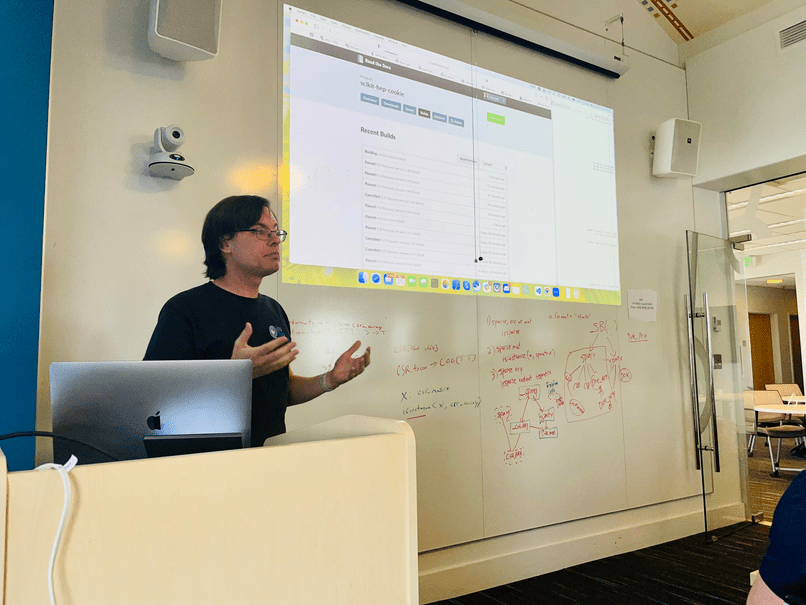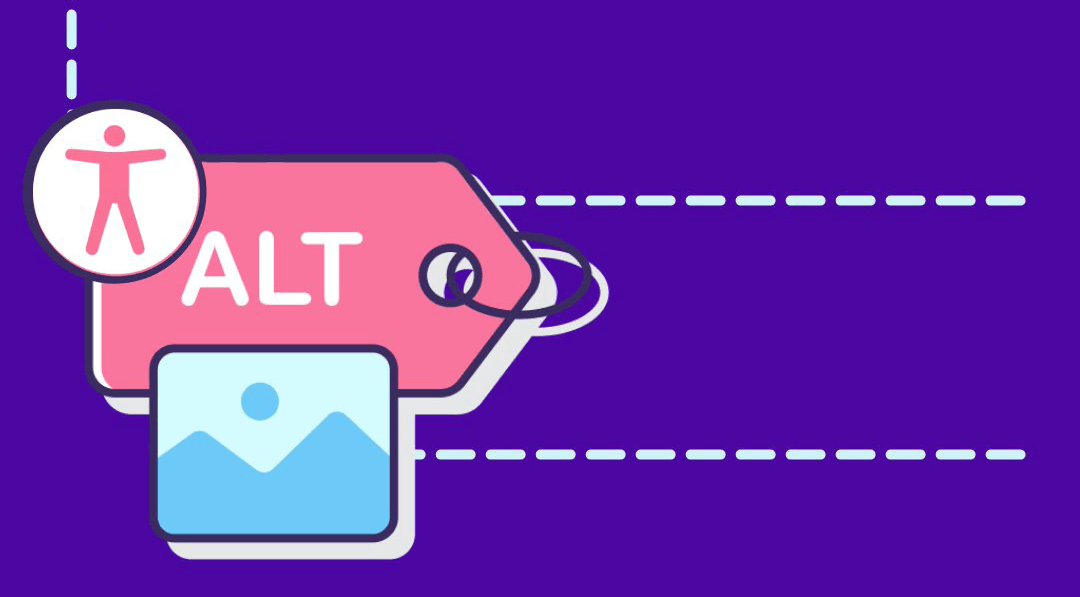One outcome of the 2023 Scientific Python Developer Summit was the Scientific Python Development Guide, a comprehensive guide to modern Python package development, complete with a new project template supporting 10+ build backends and a WebAssembly-powered checker with checks linked to the guide. The guide covers topics like modern, compiled, and classic packaging, style checks, type checking, docs, task runners, CI, tests, and much more! There also are sections of tutorials, principles, and some common patterns.
This guide (along with cookie & repo-review) started in Scikit-HEP in 2020. During the summit, it was merged with the NSLS-II guidelines, which provided the basis for the principles section. I’d like to thank and acknowledge Dan Allan and Gregory Lee for working tirelessly during the summit to rework, rewrite, merge, and fix the guide, including writing most of the tutorials pages and first patterns page, and rewriting the environment page as a tutorial.

 The first Scientific Python Developer Summit (May 22-26, 2023) brought together 34 developers at the eScience Institute at the University of Washington to develop shared infrastructure, documentation, tools, and recommendations for libraries in the Scientific Python ecosystem.
Pre-summit planning Prior to the summit we held several hour-long planning meetings:
General (2023-02-27) May 15, Package metrics, DevStats May 15, SPECs May 18, Community & Documentation May 19, Build Systems & CI Infrastructure May 19, PyTest plugins & Sphinx extensions Summit execution At the summit, we had a brief check-in and then split into several groups based on each developers time and interests.
The first Scientific Python Developer Summit (May 22-26, 2023) brought together 34 developers at the eScience Institute at the University of Washington to develop shared infrastructure, documentation, tools, and recommendations for libraries in the Scientific Python ecosystem.
Pre-summit planning Prior to the summit we held several hour-long planning meetings:
General (2023-02-27) May 15, Package metrics, DevStats May 15, SPECs May 18, Community & Documentation May 19, Build Systems & CI Infrastructure May 19, PyTest plugins & Sphinx extensions Summit execution At the summit, we had a brief check-in and then split into several groups based on each developers time and interests. The Scientific Python project is an initiative to better coordinate and support the scientific Python ecosystem of libraries and to grow the surrounding community. It aims to improve communication between ecosystem projects, to better plan for their joint future, and to make that future a reality.
Why is this important? Initially, the Scientific Python developer community was small, so that it was easy to discuss important ecosystem-wide decisions at events like the annual SciPy conference.
The Scientific Python project is an initiative to better coordinate and support the scientific Python ecosystem of libraries and to grow the surrounding community. It aims to improve communication between ecosystem projects, to better plan for their joint future, and to make that future a reality.
Why is this important? Initially, the Scientific Python developer community was small, so that it was easy to discuss important ecosystem-wide decisions at events like the annual SciPy conference. The Scientific Python blog has just gotten a little more accessible! If you didn’t catch our invite on Twitter or run into the problem firsthand, there’s a good chance you might not have noticed the new descriptions for a number of blog post images.
Since it’s not a flashy improvement, we wanted to make a point to highlight the community effort to to make a more accessible blog–and internet as a whole–last week.
The Scientific Python blog has just gotten a little more accessible! If you didn’t catch our invite on Twitter or run into the problem firsthand, there’s a good chance you might not have noticed the new descriptions for a number of blog post images.
Since it’s not a flashy improvement, we wanted to make a point to highlight the community effort to to make a more accessible blog–and internet as a whole–last week.